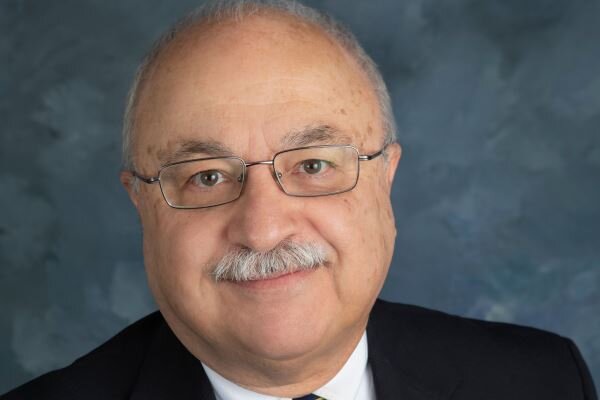TEHRAN, May 08 (MNA) – Professor of political science at the University of South Alabama believes that no matter who wins Turkey's upcoming election, the country's regional policy won't experience dramatic changes.
As Turkey approaches its pivotal Presidential and Parliamentary elections on May 14, the stakes are high.
While it is believed that opposition candidate Kemal Kilicdaroglu's possible win against President Recep Tayyip Erdogan will profoundly impact the nation's future, some think that the country's regional foreign policy goals will not change dramatically.
To know more about the issue we discussed the issue with Nader Entessar, professor emeritus of political science from the University of South Alabama in an interview.

This trend was enhanced after Turkey joined NATO in 1952 and became an important cog in implementing Washington's anti-communist Truman Doctrine.
For the most part, Turkey's staunch Western orientation defined the tenets of the country's foreign policy.
When Erdogan and his conservative Islamist AKP came to power in 2002, the Western orientation of Turkey's foreign policy raimed largely intact.
In fact, the AKP advanced political and economic reforms to bring Turkey closer in line with EU standards with the hope of the country becoming an EU member.
That said, the AKP began to add a new twist to its foreign policy whose motto was "zero problems with neighbors" and strong ties with the West.
This trend largely defined the two major pillars of Turkey's foreign policy in the first decade of Erdogan's era and allowed the country to expand its trade ties and Ankara's influence in the Middle East [West Asia], Central Asia, the Caucasus, and beyond.
However, in the second decade of Erdogan's era, things began to change as the AKP became more authoritarian as the ruling party tightened its grip on the media, prosecuted and jailed dissidents, and jailed a large number of protestors and Erdogan's critics.
In foreign policy, Turkey's foreign policy exhibited a robust assertiveness as the country expanded its footprint by launching military interventions in countries like Iraq, Libya, Syria, and Azerbaijan, thus undermining its foreign policy of “zero problems with neighbors.” Turkey's traditional foreign policy with Europe and the United States also began to fray on the edges as the country began to develop a balanced approach in its East-West relations and a nuanced foreign policy that does not completely revolve around NATO and US axis.
Although the parameters of Turkey's new policy are still evolving, what is clear is that what characterized and shaped the contours of the country's foreign policy for much of its modern republican era is changing.
Will these parameters change if the opponents of President Erdogan win the upcoming election or no matter who rules Turkey and they will remain unchanged? We may experience some changes in form and style but not in substance if President Erdogan loses the upcoming election.
The country's foreign policy in a hypothetical post-Erdogan era will be less personalistic, more institution-based, and more predictable than it has been in the past six or seven years.
Smoothing relations with the West will be emphasized.
The country's fiscal and monetary policies will most likely be attended to those of the West, and these will pave the way for smoother ties with the West, especially with Europe.
If there are changes, would you elaborate that which fields will experience changes and to what extent? As I stated in my previous answer, the West, especially West Europe, remains critical to the development of Turkey's economy and its export sector, and we may see a major improvement in this sector.
Also, Turkey's regional policies may become less personalistic and adventurous and less prone to spasmodic shifts.
However, the overall direction of Turkey's foreign policy will not change dramatically if a new president comes to power after the impending election.
After the US attack on Iraq and the geopolitical necessities, Turkey tried to have a more independent foreign policy and this created some gaps between the country and its old allies in USA and Europe. If Erdogan’s opponents win, can we see changes in Turkey’s regional policy?
Interview by Payman Yazdani

